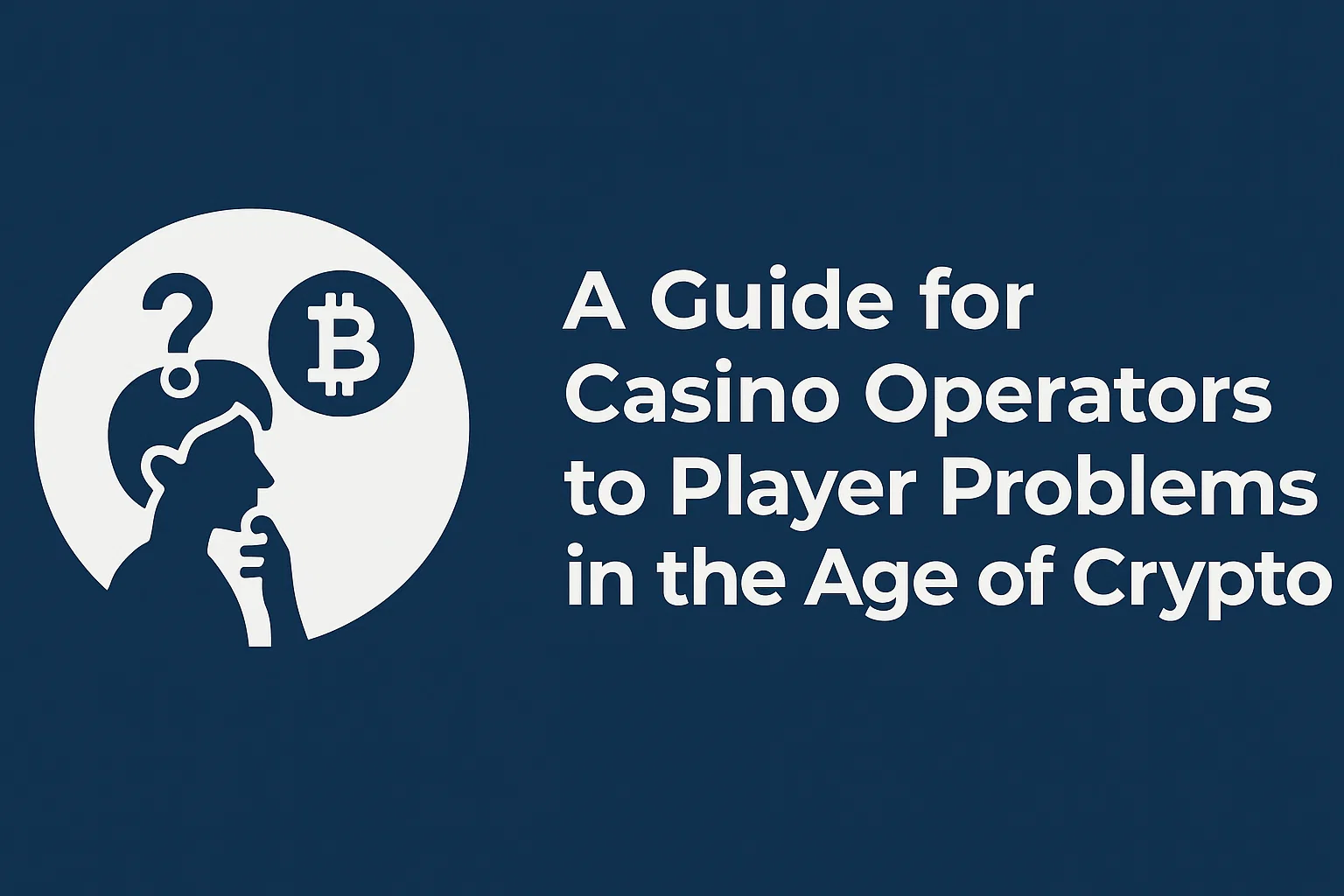
On the tawdry fringes of the digital casino world, casino operators are not just dealing cards—thay're juggling nuclear-level encryption, regulatory vipers, and more player trust problems to stuff a Vegas psychiatrist's calendar. This is the time when your average gambler arrives with more blockchain know-how than a keynote speaker at a crypto conference.
Trust is no longer dealt into the deck—it's mathematically confirmed, cryptographically encoded, and served with a side of provable equity that would make even a quantum physicist blush. For operators, the game has changed from "the house always wins" to "the house always gives receipts." This is the new status quo for any crypto casino operator, such as https://bitcoincasino24.net/, who wants to build trust and ensure security.
Casino owners aren't rolling virtual dice—they're building trust on hard cold numbers. Provably fair code turns suspicion into confidence, where players can check to make sure the house isn't cheating. It's akin to a magic trick in which the magician gives you the magic code ahead of time before pulling out the rabbit from the hat.
SHA-3 from Ethereum and Solana's Proof of History are fighting it out in the fairness war. SHA-3 is the trusty Swiss Army knife of hash generation, while Solana's PoH is a super-fast timestamper, imprinting every spin faster than a Vegas dealer on espresso. Understanding why Solana and Ethereum are first-class blockchain choices for iGaming is the key to understanding their significance.
Every spin, wager, and transaction persists on the blockchain forever—a permanent digital tattoo that can't be changed or deleted. Players don't need to take the casino's word for it; they can retrieve receipts faster than a tweet about an argument. Smart contracts are self-executing referees, making sure everyone plays by the same rules.
This is where it gets spicy: gamers are wanting their Vegas VIP treatment without leaving digital crumbs behind. Monero swoops in like a crypto ninja, pushing transactions into thin air without splashing champagne. Casinos are doing a good sleight of hand—reading the room without knowing who the room is full of. See our entire guide to anonymous Bitcoin payment processors for maintaining privacy.
But it's not all bingo and booze. Try to build a loyalty program for specters. Operators are being creative, using blockchain-based identification systems that work like a virtual speakeasy—you prove you're old enough to play without showing your driver's license.
The house always wins? Perhaps. But now players can inspect the math themselves, making "trust us" equal to "test us." It's having a referee who doesn't just call the play but shows his work on every call.
The blockchain isn't simply keeping score—it's transforming how the game is played. With every settled transaction and open payout, casino operators are building something of more value than jackpots: trust that pays dividends in player loyalty.
In this online dance of high-risk chips and blockchain receipts, gaming corporations aren't just building casino sites—They're building factories of trust based on mathematical certainty. The house edge is now less about probability and more about showing every shuffle, protecting every satoshi, and turning skeptics into believers faster than a royal flush delivers payment.
The bad guys lose if they treat player trust like a high-roller credit line: one to be earned, guarded, and constantly replenished. The new casino normal is that the largest jackpot isn't on a progressive slot machine—it's in the vault of player confidence, secured by code that never lies.